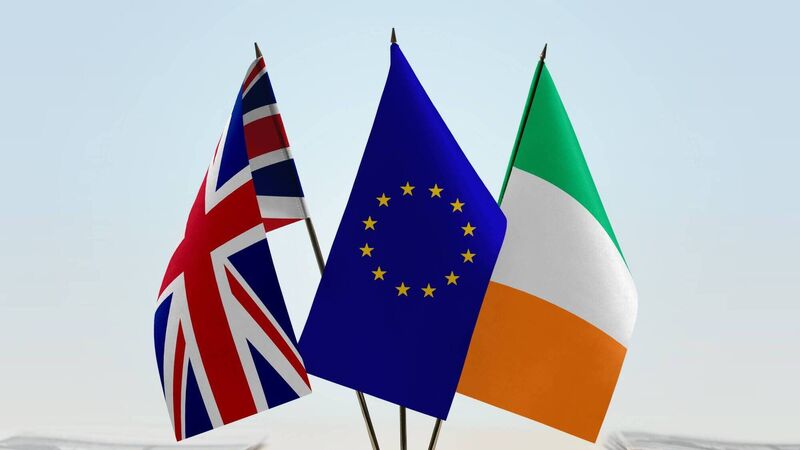Brexit Q&A: How will it impact me?

The impacts of Brexit will be felt throughout Ireland. Picture: iStock
As Brexit negotiations rumble on, a lot remains uncertain as to what will happen come January 1, 2021.
One thing that is for certain though is that deal or no deal, the impacts of Brexit will be felt throughout Ireland - including in ways we did not expect.















